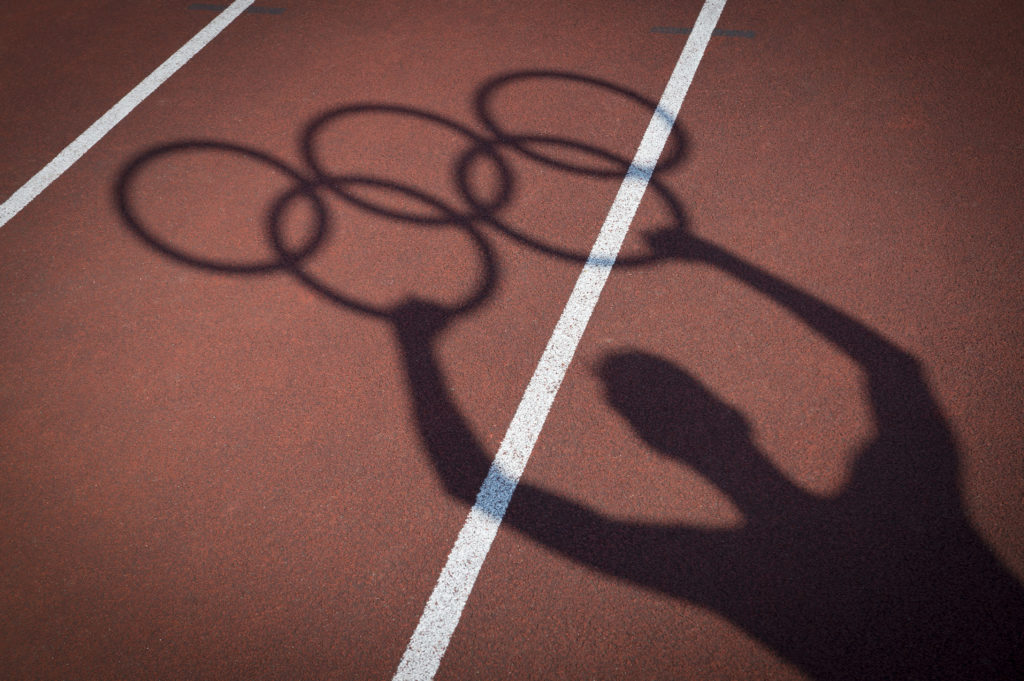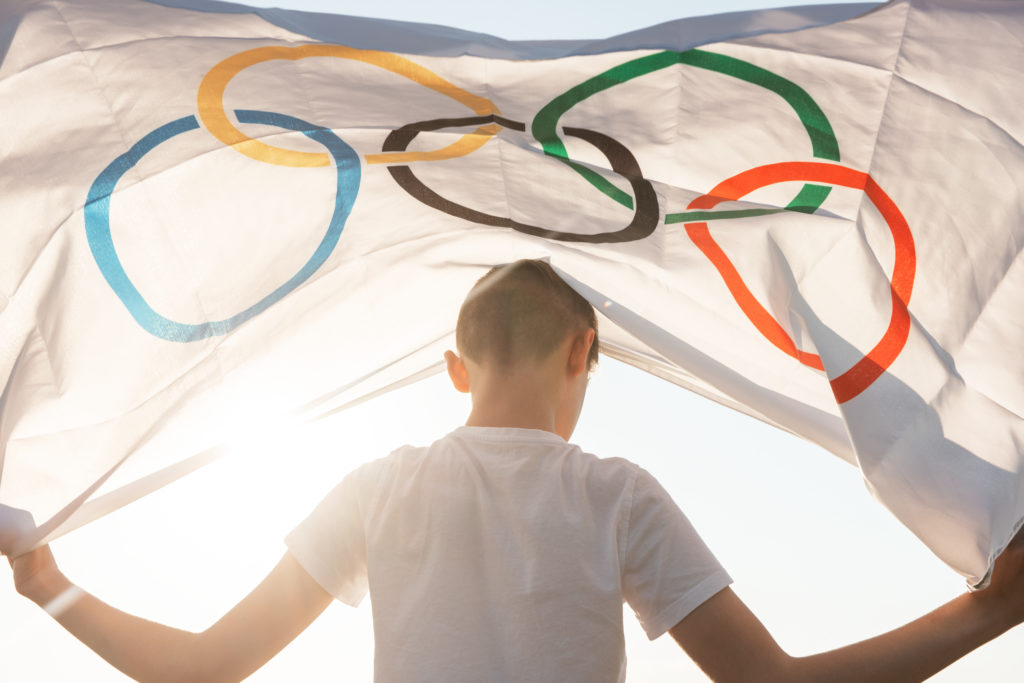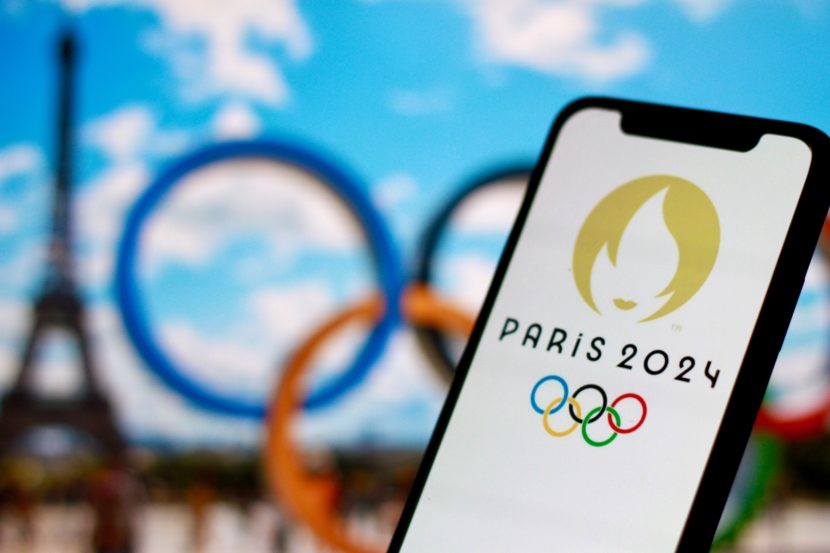The 2024 Paris Olympics, which are being held from 26 July until 11 August and which have incorporated for the first time a human rights dimension specifically into its Host City Contract, promise progress. However, the emphasis has been more on environmental sustainability than on children’s rights. Despite the perceived low risks due to the host city’s developed status, vigilance remains crucial, particularly concerning the use of child labour in supply chains connected to the Olympics, the threat of violence and exploitation of young athletes, and concerns about the privacy of children affected by the use of algorithm-driven video surveillance.
Children’s rights and sport
Every member state of the United Nations – except the United States – has pledged to uphold the Convention on the Rights of the Child (CRC). By this, States have recognized children as a protected class by imposing obligations on various institutions to ensure the safety and well-being of children. Sports organizations are expected to carry out the same legal duty of care for children.
But, unlike other institutions, sports organizations are not held legally accountable for their failure to do so — either due to a lack of enforcement of laws of general application or the absence of specific laws regulating sport. Sports organizations are largely self-governing, autonomous and able to operate with minimal state intervention (Donnelly, Mazzucco, 2024).
As an attempt to better protect children in sports, international sport organizations have created their own guidelines, such as the International Olympic Committee’s guidelines to safeguard athletes from harassment and abuse (Pavlogiannis et al., 2024). Moreover, UNICEF together with the Japan Committee for UNICEF developed the Children’s Rights in Sport Principles in 2018. It is a document which provides guidelines to sport organizations, educational institutions, coaches, sponsoring companies, adult athletes, parents and guardians of children to better protect and promote child participation in sports (UNICEF, 2018).
To exemplify how children’s rights, as stated in CRC, can be realized and mainstreamed in sports, UNICEF recently provided guidelines with examples from the global football industry (UNICEF, 2020). Finally, several national sports confederations (e.g., England, Norway and Sweden) have included the CRC in their sports policies (Pavlogiannis et al., 2024)
Children’s rights violations linked to Olympic Games

Olympic Games are driven by the spirit of friendship, solidarity, fair play and respect for universal fundamental ethical principles. Nevertheless, for over 30 years, there has been extensive reporting on scandals, corrupt and illegal practices, human rights violations, failures of governance and athlete maltreatment in sport (Donnelly, Mazzucco, 2024).
In particular, there is evidence that each edition of the Olympic Games in the last decade have seen child rights infringements. Research shows that children are subjected to various forms of abuse in the planning and production stages of Mega Sport Events (MSEs) (Aina et al., 2021).
Tackling child labour and street children
History shows that MSEs like the Olympics can lead to violence and exploitation, as seen with child labour issues during past events such as the 2016 Rio Olympics (Global Child Forum, 2024). On that occasion, the UN Committee on the Rights of the Child reported clearances of street children in Rio ahead of the Games.
To “clean up” tourist areas for the half a million expected visitors, many street children were taken to young offenders’ units, where they reported violence and humiliation. Others simply disappeared (Florence, 2016). Moreover, during the 2012 London Olympics, children were in the spotlight when it was discovered that a company in China was using those as young as 12 to make the mascots for the Games (Aina et al., 2021).
Protecting young athletes from violence and exploitation
The path to Olympic glory for young athletes is fraught with challenges, including rigorous training schedules and intense pressure that can harm their physical and mental health (Global Child Forum, 2024). In the sporting realm, violations include child athletes suffering from undue pressure to achieve high performance, resulting in beatings and physical punishment.
There is also evidence of sexual harassment and assaults of child athletes (Aina et al., 2021). Research shows that for many child athletes, sport is the source of abuse and trauma when it should be an opportunity for development and growth (UNI Global Union, 2021).
For instance, Human Rights Watch describes Japan’s history of corporal punishment in sport – known as taibatsu in Japanese – and finds child abuse in sports training throughout Japanese schools, federations, and elite sports. Japanese athletes from more than 50 sports reported abuses that included being punched in the face, kicked, beaten with objects like bats or bamboo kendo sticks, being deprived of water, choked, whipped with whistles or racquets, and being sexually abused and harassed. (HRW, 2020).
Balancing privacy and surveillance concerns
When it comes to the 2024 Paris Olympics, a significant concern arises with the recent legislation passed by the French National Assembly, permitting advanced algorithm-driven video surveillance. Such measures risk infringing on privacy and could disproportionately affect children by enabling constant monitoring and tracking. The challenge is to balance necessary security with the preservation of fundamental human rights, ensuring that any surveillance is transparent and legally justified (Global Child Forum, 2024).
Embedding children’s rights principles into the Olympic Games
The 32° Olympic Games are the first to have human rights specifically incorporated into its Host City Contract (Infobae, 2021). Nevertheless, in the evaluation report of the bid to host the 2024 Olympic Games submitted by Paris, the International Olympic Committee (IOC) found that the emphasis was more on environmental sustainability than on children’s rights (Global Child Forum, 2024).
Once again, the Paris Olympics have missed the opportunity to embed children’s rights commitments in policies and principles in the planning and delivery of the Olympic Games, an important heritage given by the last Olympics held in Tokyo in 2020. In fact, findings show that while the Japanese authorities have signed up to international children’s rights conventions and embedded some child participation strategies in Games-related activity, there was little evidence that Tokyo 2020 organisers had developed or implemented robust policies, principles or practises to respect, protect and promote child rights in Games planning.
According to a recent study, this absence is because there was no requirement to embed child rights commitments during the bidding or planning phases, as the IOC had yet to enshrine human rights in its host city contract when the Games were first awarded to Tokyo (Aina et al., 2021).
Advocacy and action
As for the Paris Olympics, incorporating human rights into the Host City Contract is a good step, but it is not sufficient to make sure children’s rights are respected and protected. It is essential that the IOC embeds children’s rights principles and protocols in the bidding and planning processes to ensure that the risks to children are foregrounded and acted upon by host cities and their partners, elevating human rights to a position equal to other Games requirements (Aina et al., 2021).
The IOC and the bidding cities should adopt an explicit children’s rights focus to ensure the right action is taken to address the potential impact that these events can have on children and mitigate the negative effects (Sportanddev, 2017).

At Humanium, we take a children’s rights approach in all projects and activities we run. Through our blog, we advocate for child protection and children’s rights promotion in all dimensions of children’s lives, including sport. If you would like to join us and support our work, consider making a donation, engaging in sponsorship, or even becoming a volunteer.
Written by Arianna Braga
References:
Aina O., McGillivray D., Carnicelli S., McPherson G. (2021). Embedding Child Rights Principles and Practises in Mega Sport Event Planning. Frontiers in sports and active living, 3, 695666. Retrieved from Frontiers at https://doi.org/10.3389/fspor.2021.695666, accessed on 21 June 2024.
Donnelly P., Mazzucco M., (2024). With Olympics approaching, it’s time to recognize children as a protected class in sport. Retrieved from The Conversation at https://theconversation.com/with-olympics-approaching-its-time-to-recognize-children-as-a-protected-class-in-sport-229268, accessed on 21 June 2024.
Florence (2016). What price an Olympics that protects the rights of children and their families? Retrieved from The Guardian at https://www.theguardian.com/global-development/2016/mar/18/olympic-games-2016-rio-de-janeiro-child-rights-families, accessed on 21 June 2024.
Global Child Forum (2024). Championing Children’s Rights: Lighting a Torch at the Paris 2024 Olympics. Retrieved from Global Child Forum at https://globalchildforum.org/blog/championing-childrens-rights-lighting-a-torch-at-the-paris-2024-olympics/, accessed on 21 June 2024.
HRW (2020). Japan: Child Abuse in Pursuit of Olympic Medals. Retrieved from Human Rights Watch (HRW) at https://www.hrw.org/news/2020/07/20/japan-child-abuse-pursuit-olympic-medals, accessed on 21 June 2024.
Infobae (2021). Press Release: 2024 Evaluation Report Lacks Child Rights Focus. Retrieved from Infobae at https://www.infobae.com/aroundtherings/ioc/2021/07/12/press-release-2024-evaluation-report-lacks-child-rights-focus/, accessed on 21 June 2024.
Pavlogiannis G., Eliasson I., Söderström T. (2024). Exploring the Landscape of Children’s Rights in Sports: A Scoping Review of Research Topics and Approaches in Social Sciences. Retrieved from Sage Journals at https://doi.org/10.1177/11033088241226556, accessed on 25 June 2024.
Sportanddev (2017). No clear commitment on human and child rights for Paris and Los Angeles 2024. Retrieved from Sportanddev at https://www.sportanddev.org/latest/news/no-clear-commitment-human-and-child-rights-paris-and-los-angeles-2024, accessed on 25 June 2024.
UNI Global Union (2021). First global study of elite athletes’ experiences as children documents systemic abuse, shows urgent need for reform. Retrieved from UN Global Union at https://uniglobalunion.org/news/first-global-study-of-elite-athletes-experiences-as-children-documents-systemic-abuse-shows-urgent-need-for-reform/, accessed on 21 June 2024.
UNICEF (2018). Children’s Rights in Sport Principles. Retrieved from UNICEF at https://childinsport.jp/en/, accessed on 25 June 2024. UNICEF (2020). Children before players. Protecting and realising children’s rights: A guide for professional football clubs. Retrieved from UNIECF at https://www.unicef.org.uk/wp-content/uploads/2020/08/Children-before-Players-Guide.pdf, accessed on 25 June 2024.


